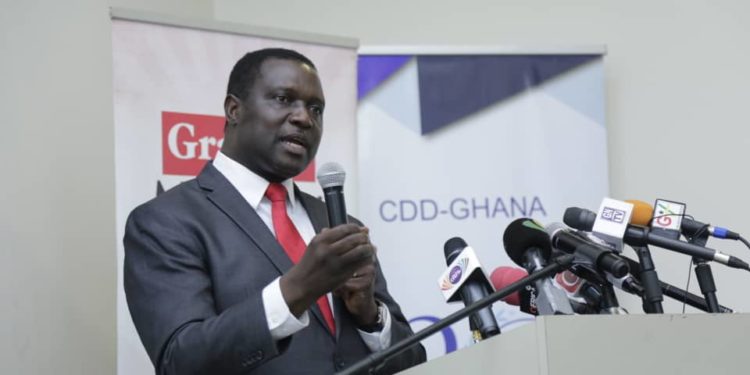According to the government, sufficient procedures have been put in place to carry out a review of Ghana’s three-year Junior High School education system.
According to the government, the review will be an equal-learning-opportunity system that focuses on literacy and STEM (Science, Technology, Engineering, and Mathematics).
Dr. Yaw Osei Adutwum, Minister of Education, told Citi News that the Junior High School system has proved to be the most in need sector of education in the nation.
“That, in my opinion, is the weakest link in our educational system right now. We are not going to have a strong secondary education program in terms of STEM if kids are going through circumstances where their lower secondary experience is simply elementary school.”
Dr. Adutwum said, “So we will have six years of activities that will then dovetail into university programs so that students are completely equipped for the twenty-first century.”
The primary school in Ghana consisted of ten years of instruction until 1987, with the introduction of free and obligatory primary education via the Education Act of 1961.
In 1987, new law shortened this to nine years, designating the years of junior secondary school (JSS) as grades 7 through 9.
Students earn a Basic Education Certificate (BECE) upon completion of JSS, which is still used today.
Successful applicants get accepted to the Akufo-Addo administration’s three-year Senior School system, which is now free.
The Dzobo Committee Report of 1973, which advocated for a new kind of education that was compatible with national growth, provided the impetus for change.
Source: CITINEWSROOM

























